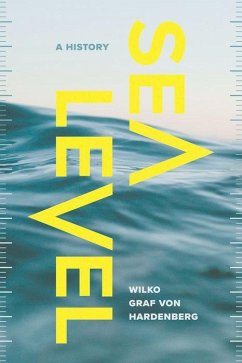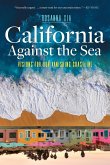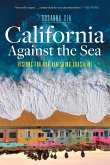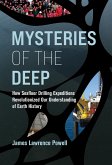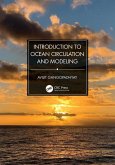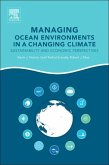"What do we mean when we talk about sea level? How and why did people begin to measure it? With Wilko Graf von Hardenberg as our guide, we follow these questions and more to the muddy littoral spaces of Venice and Amsterdam, the coasts of the Baltic Sea, the Panama and Suez canals, and through the expansion of European colonial empires and the science funding boom of the Cold War. This book is the first history of sea level as a concept and of its theoretical and practical uses. It breaks new ground by offering an innovative outlook on how human societies worldwide have revisited and reinterpreted the relationship between land and sea in modern times. What is more, as a conceptual history of one of the most widely used baselines of environmental change, Sea Level provides a much-needed historical contextualization of anthropogenic sea level rise and its impact on the global coast. By narrating how sea level has morphed from a stable geodetic baseline to a marker of anthropogenic change, von Hardenberg sheds new light on the Anthropocene itself"--
Hinweis: Dieser Artikel kann nur an eine deutsche Lieferadresse ausgeliefert werden.
Hinweis: Dieser Artikel kann nur an eine deutsche Lieferadresse ausgeliefert werden.

